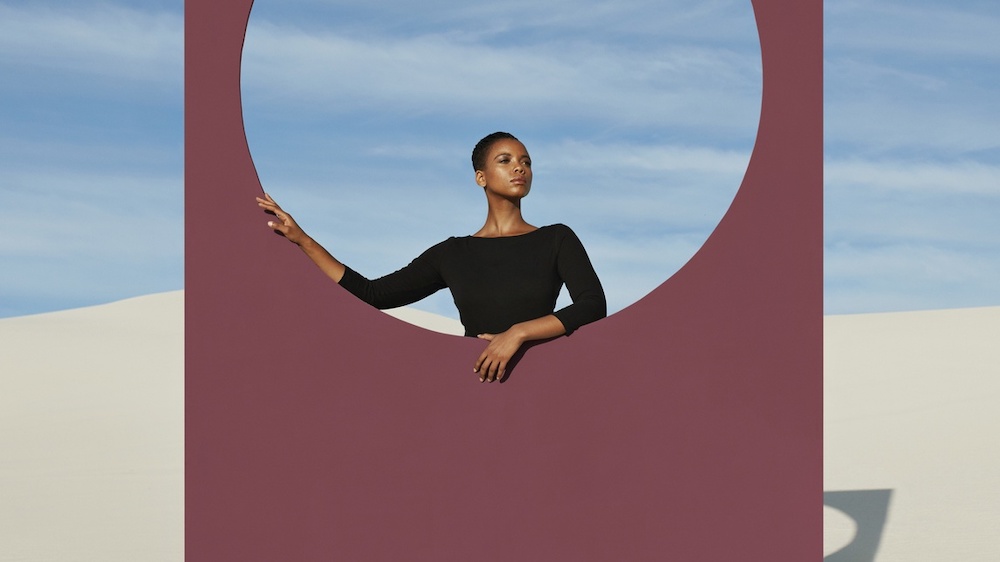If you’re interested in sharing your opinion on any cultural, political or personal topic, create an account here and check out our how-to post to learn more.
____
While 2020 has offered glimmers of a hopeful new future, being Black and a woman in America means living in a constant state of dissonance and duality. We are simultaneously silenced and celebrated when we, instead, should have power to simultaneously dismantle and repair corruption that was built on the backs of our ancestors.
In the same year that we buried Breonna Taylor’s murdered body, we applauded Kamala Harris for being the first Black person and woman to become Vice President-Elect in our nation’s history.
In the same year that Michelle Cusseaux was murdered in seconds by the police in Phoenix, former Georgia House Representative Stacey Abrams and other Black women activists ignited a revolution of voting access and turnout that would inspire the world and secure a new president for our country.
In the same year that Black women have been disproportionately dying from COVID-19, they are serving as essential workers and have given their blood, sweat and tears for an America that has always dehumanized them.
In the same year audiences watched as more Black Emmy nominees, particularly the Black trans actors from Netflix’s Pose, were snubbed once again, they tuned into HBO Max’s Lovecraft Country for Afrofuturistic magic and sci-fi possibilities.
Black life shouldn’t be lived within so much contradiction and cyclical trauma. W.E.B. Du Bois explained that Black people are forced to navigate the world through a “double consciousness,” in which they see through their own eyes, thoughts and experiences, while simultaneously viewing the world through the eyes of white civil society’s hatred, racism and anti-Blackness.
It would seem that within the reality of 2020, Du Bois was right: we are living in a world divided. Black people, especially Black women, are liberating the oppressed and making systemic change, but also being murdered with impunity and erased from their stories.
The misogynoir shapes the way in which Black girls grow into Black women, if they live long enough to grow up. In her acceptance speech, Vice President-Elect Harris said, “To young girls and women everywhere: Dream with ambition and know that there are no limits to what you can be.” President-Elect Joe Biden added, “This morning, all across the nation, little girls woke up, especially little Black and brown girls, who so often feel overlooked and undervalued in their communities. But today, just maybe they’re seeing themselves for the first time in a new way: as the stuff of presidents and vice presidents.”
Despite their inspiring words, police brutality and systemic racism and sexism persist. Black women can save the world but are still cast as “angry Black women,” aka the villains trying to destroy society, while being quietly or not so quietly victimized.
In the first eight months of 2020 alone, police killed 164 Black people in the United States. To date, Black people have been 28% of those killed by police in 2020, though only 13% of the population. When it comes to Black women, these records and stories are incomplete. There is no definitive number or statistic, because no one has gathered the data. Even after the mass gatherings of protesters across the nation, both justice and truth have yet to unfold — and it’s no accident.
According to author Andrea Ritchie, when police brutality toward Black women “takes place in the home, it takes place in the context of calls for help and is often unseen as a result." When human life amounts to the proverbial tree falling in the forest without being heard, there is an undeniable reckoning to come.
Social activist and leader LaTosha Brown is one of many Black women who have stepped up and refused to step down. Brown envisions a better future. She has shamelessly asserted, “Yes, I am a woman and my eyes are squarely centered on Black Liberation.”
This year, a record-breaking number of 26 Black women won election or reelection to Congress. These Congresswomen include Marlyn Stickland, the first Black-Korean woman to represent Washington in Congress, and newly appointed Democratic Party Chair, Nikema Williams, who has filled the seat of the late John Lewis. Numerous phenomenal Black women leaders have been appointed to important grassroots and academic roles.
Williams expressed that now is the time for true change to take place. “It's the perfect opportunity where policy meets protest.” Her sentiment alludes to praxis, a concept asserting that theory and action alone cannot create change. Through this lens, as activism informs policy, the two can combine to catalyze material liberation.
It will take years to reform, rebuild and re-educate a nation that has been misaligned since its conception. But as movement work and political methodology align, with Black women leading at the helm, we now have a chance. Let’s take it.
